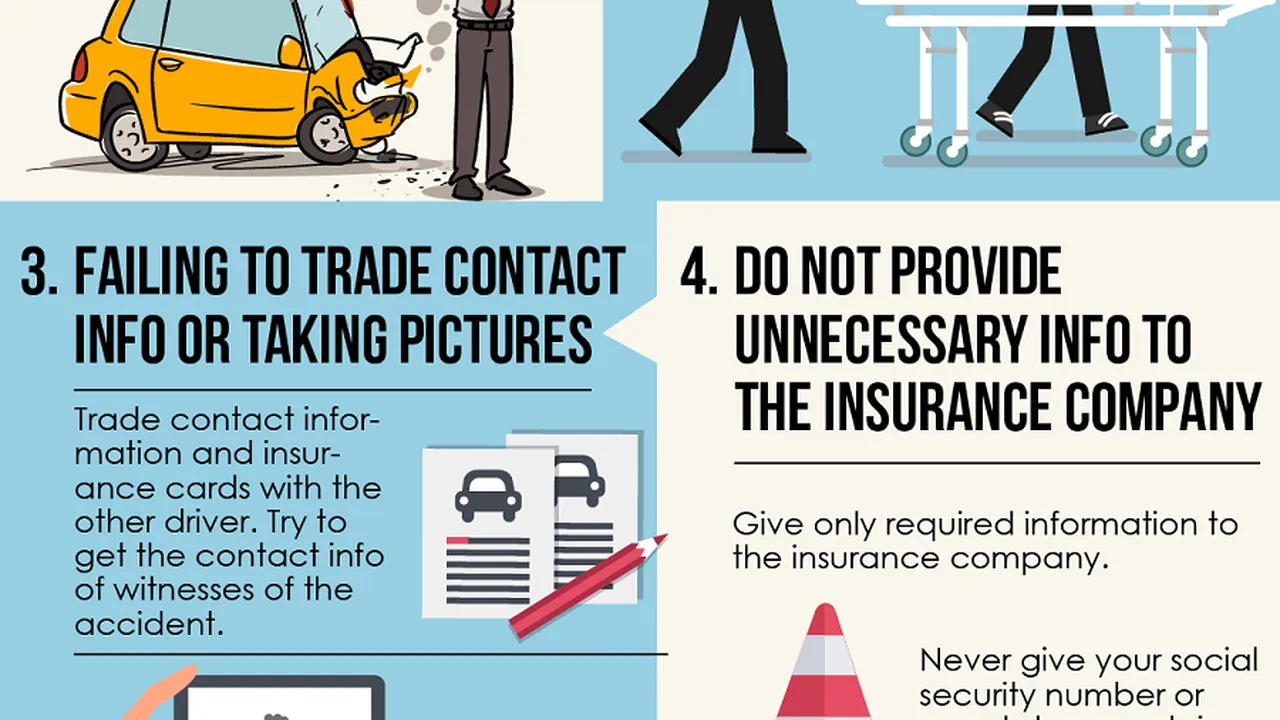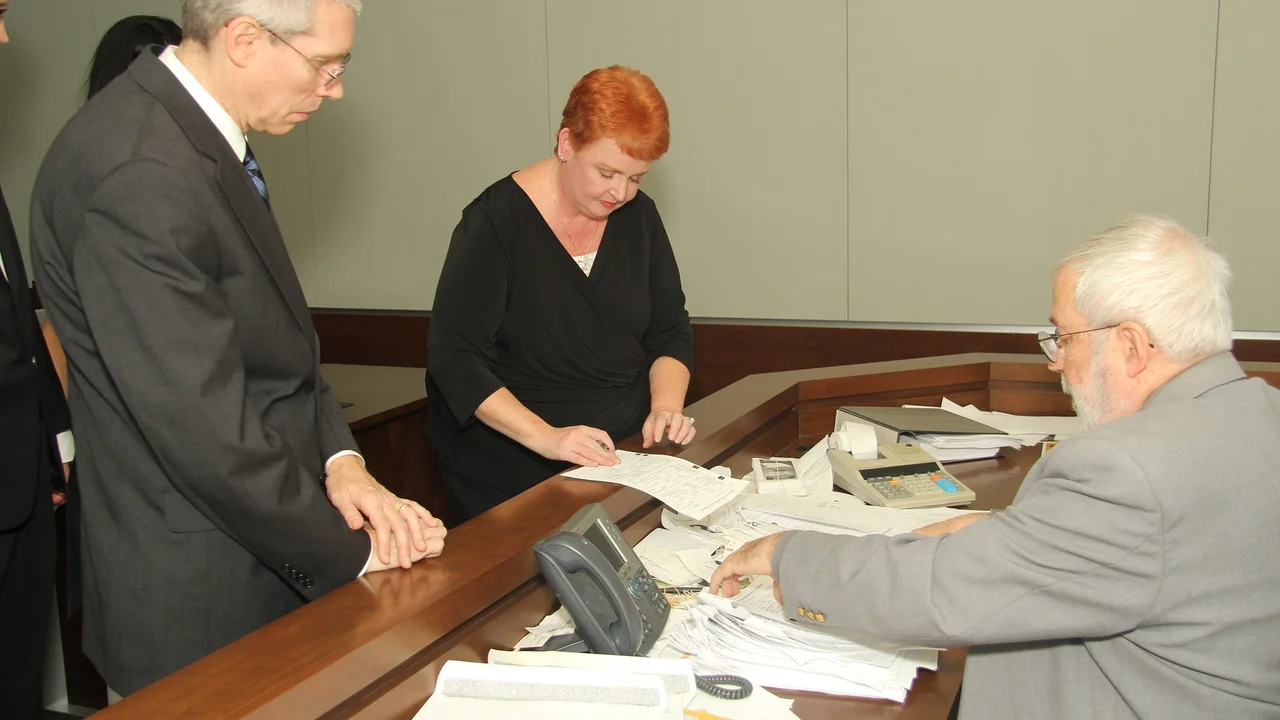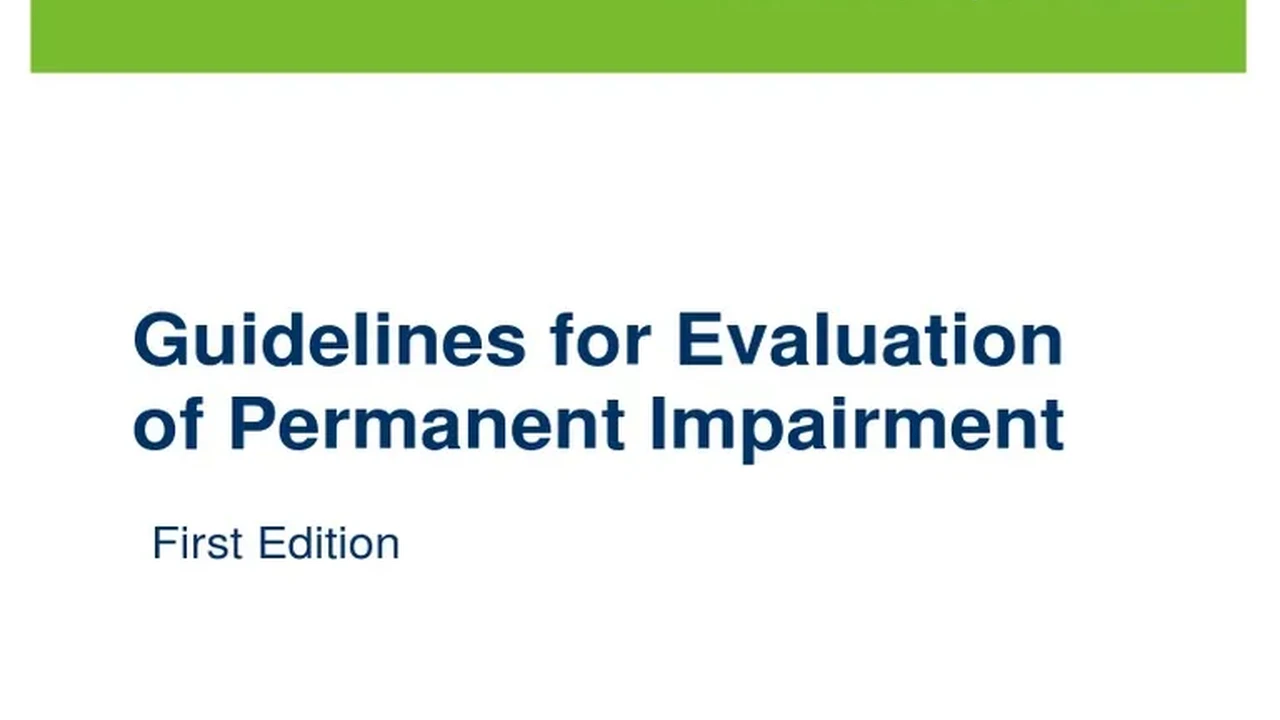Checklist: Preparing for a Consultation with a Car Accident Lawyer

Understanding Car Accident Lawyer Consultations Key Considerations
So, you've been in a car accident. It's a stressful time, no doubt. Maybe you're dealing with injuries, vehicle damage, and mounting medical bills. Thinking about talking to a lawyer? Smart move. But walking into a lawyer's office unprepared is like showing up to a test without studying. You want to make the most of that initial consultation. This checklist will help you get ready and ensure you get the best possible advice.
Gathering Essential Documents for Your Car Accident Lawyer Meeting
First things first, paperwork! Lawyers love paperwork (weird, right?). The more organized you are, the easier it will be for them to understand your case and give you solid advice. Here’s what you should try to gather:
- Police Report: This is gold. It contains the officer's account of the accident, witness statements, and often a preliminary determination of fault. If you don't have it, your lawyer can usually obtain it.
- Insurance Information: Your insurance policy, the other driver's insurance information (if you have it), and any correspondence you've had with insurance companies. Keep EVERYTHING.
- Medical Records: Any records related to your injuries, including doctor's visits, hospital bills, therapy appointments, and prescriptions. Even if you think a symptom is minor, include it.
- Vehicle Repair Estimates/Bills: Estimates for repairing your vehicle, or if it's totaled, the actual repair bills and any settlement offers from the insurance company.
- Photos/Videos: Photos of the accident scene, vehicle damage, and your injuries. Videos are even better! (Dashcam footage is amazing).
- Witness Information: Names, addresses, and phone numbers of any witnesses to the accident.
- Lost Wage Documentation: If you've missed work due to your injuries, gather pay stubs, letters from your employer, or any other documentation showing your lost income.
Preparing Your Story Accident Details and Timeline for Your Lawyer
Okay, you've got the paperwork. Now, it's time to prepare your story. Think about the accident from start to finish. Write down everything you remember, even seemingly insignificant details. The more information you can provide, the better. Consider these points:
- The Timeline: Start with the events leading up to the accident. Where were you going? What were you doing?
- The Impact: Describe the accident itself. How did it happen? What did you see? What did you feel?
- The Aftermath: What happened immediately after the accident? Who did you talk to? What did you do?
- Your Injuries: Describe your injuries in detail. Where do you hurt? How does it affect your daily life?
- Emotional Impact: Don't forget the emotional toll. Are you anxious about driving? Are you having nightmares? This is important!
Crafting Questions for Your Car Accident Lawyer Addressing Your Concerns
Don't just sit there and let the lawyer do all the talking! This is your chance to get your questions answered. Prepare a list of questions beforehand. Here are some examples to get you started:
- What are my legal options? What kind of claim can I pursue?
- What is my case worth? How much compensation can I realistically expect?
- How long will my case take? What is the typical timeline for a car accident case?
- What are your fees? How do you charge? (Contingency fee? Hourly rate?)
- What are the potential risks and benefits of pursuing a claim? What are the downsides?
- What is your experience with cases like mine? How many car accident cases have you handled? What were the outcomes?
- What is your communication style? How often will I hear from you? How will you keep me updated?
Understanding Legal Terminology Car Accident Claim Jargon Explained
Lawyers often use jargon. Don't be afraid to ask them to explain things in plain English. Here are a few common terms you might encounter:
- Negligence: Failure to exercise reasonable care, resulting in harm to another person.
- Liability: Legal responsibility for damages.
- Damages: Monetary compensation for losses, such as medical bills, lost wages, and pain and suffering.
- Settlement: An agreement to resolve a claim out of court.
- Litigation: The process of taking a case to court.
- Statute of Limitations: The time limit for filing a lawsuit. (This is SUPER important!)
Organizing Your Thoughts And Setting Priorities For Your Lawyer Consultation
Before you walk in, take a deep breath and organize your thoughts. What are your biggest concerns? What are your priorities? Are you most concerned about getting your medical bills paid? Are you worried about lost wages? Are you seeking justice for the pain and suffering you've endured? Knowing your priorities will help you communicate effectively with your lawyer.
Reviewing Your Insurance Policy Car Accident Coverage Details
Read your insurance policy! Yes, it's boring, but it's crucial. Understand your coverage limits, deductibles, and any exclusions. Your lawyer will also want to review your policy, so bring a copy with you.
Preparing For Potential Questions From The Lawyer Anticipating Inquiries
The lawyer will likely ask you a lot of questions. Be prepared to answer them honestly and completely. They might ask about your driving history, your medical history, and your version of the accident. Don't try to hide anything. Honesty is always the best policy.
Managing Expectations Realistic Outcomes and Potential Challenges
It's important to have realistic expectations. Not every case is a slam dunk. There may be challenges and setbacks along the way. Your lawyer will be able to give you a realistic assessment of your chances of success.
Documenting Everything Taking Notes During The Consultation
Bring a notebook and pen to take notes during the consultation. Write down the lawyer's advice, answers to your questions, and any important deadlines. This will help you remember everything that was discussed and stay organized.
Post Consultation Follow Up Steps After Your Meeting
After the consultation, take some time to review your notes and reflect on the information you received. Did you feel comfortable with the lawyer? Did they answer your questions to your satisfaction? Do you trust them to handle your case? If so, the next step is to hire them.
Specific Product Recommendations for Car Accident Recovery and Documentation
Okay, let's talk about some products that can help you during this process. These aren't legal necessities, but they can make things easier and more organized.
Product 1: Car Accident Reconstruction Software (e.g., FARO Zone 3D) - Advanced Accident Analysis
Description: While usually used by professionals, some simplified versions of car accident reconstruction software are available for consumers. These programs can help you create a 3D model of the accident scene based on photos and measurements. This can be incredibly helpful in visualizing the accident and understanding how it happened.
Use Case: If the accident is complex or there are conflicting accounts, this software can help you present a clear picture of what happened to your lawyer and the insurance company.
Comparison: FARO Zone 3D is a professional-grade tool, very expensive and requires training. Simpler alternatives exist, often cloud-based, with limited features and subscription pricing (e.g., Accident Sketch). The professional software is more accurate, but overkill for most individuals.
Price: FARO Zone 3D - $5,000+ (one-time license). Accident Sketch - $20-$50/month.
Product 2: Dash Cam with GPS and Incident Recording (e.g., BlackVue DR900X-2CH) - Real-time Evidence Capture
Description: A dash cam records video footage of your driving. Models with GPS also record your location and speed. Incident recording automatically saves footage when it detects a sudden impact.
Use Case: Provides irrefutable evidence of what happened in the accident. Can protect you from false claims and help determine fault.
Comparison: Cheaper dash cams offer basic recording. More expensive models offer higher resolution, wider viewing angles, GPS, incident recording, and cloud storage. BlackVue is a premium brand known for reliability and features. Other popular brands include Garmin and Thinkware.
Price: BlackVue DR900X-2CH - $450-$550. Basic dash cams - $50-$150.
Product 3: Voice Recorder App (e.g., Otter.ai) - Accurate Record Keeping
Description: A voice recorder app allows you to record conversations (with consent, of course!) and transcribe them into text. Otter.ai is particularly good at transcribing accurately.
Use Case: Record conversations with insurance adjusters, witnesses, or even your lawyer (with their permission). Having a written record of these conversations can be invaluable.
Comparison: Many voice recorder apps are available. Otter.ai stands out for its transcription accuracy and integration with other apps. Google Recorder is a free option, but its transcription accuracy is not as good.
Price: Otter.ai - Free plan with limited transcription minutes. Paid plans start at $10/month.
Product 4: First Aid Kit (e.g., Surviveware Small First Aid Kit) - Immediate Injury Care
Description: A well-stocked first aid kit is essential to have in your car. Look for one that includes bandages, antiseptic wipes, pain relievers, and other essential supplies.
Use Case: Provides immediate care for minor injuries at the scene of the accident. Can help prevent infection and reduce pain.
Comparison: Basic first aid kits are inexpensive. More comprehensive kits include more supplies and are better organized. Surviveware is a popular brand known for its quality and durability.
Price: Surviveware Small First Aid Kit - $30-$40. Basic first aid kits - $10-$20.
Product 5: Mobile Document Scanner App (e.g., Adobe Scan) - Simplified Record Storage
Description: A mobile document scanner app allows you to scan documents using your smartphone's camera. Adobe Scan automatically crops and enhances the images, making them easy to read.
Use Case: Scan documents related to the accident, such as the police report, insurance policy, and medical bills. This allows you to easily share them with your lawyer and keep them organized.
Comparison: Many mobile document scanner apps are available. Adobe Scan is a popular choice due to its ease of use and integration with other Adobe products. CamScanner is another popular option.
Price: Adobe Scan - Free with limited features. Paid plans start at $10/month.
Understanding Lawyer Fees and Payment Options Car Accident Representation Costs
Lawyers charge fees. Sometimes a lot. Make sure you understand how your lawyer charges before you hire them. The most common arrangement in car accident cases is a contingency fee. This means that the lawyer only gets paid if you win your case. Their fee is a percentage of the settlement or judgment you receive (typically 33-40%). Other lawyers charge an hourly rate. This can be more expensive, but it may be a better option if your case is complex or likely to go to trial.
Long-Term Considerations After Your Car Accident Case Settles
Even after your case settles, there may be long-term considerations. For example, you may need ongoing medical treatment. You may need to file a claim for disability benefits. You may need to adjust your driving habits. Your lawyer can advise you on these matters.
:max_bytes(150000):strip_icc()/277019-baked-pork-chops-with-cream-of-mushroom-soup-DDMFS-beauty-4x3-BG-7505-5762b731cf30447d9cbbbbbf387beafa.jpg)






